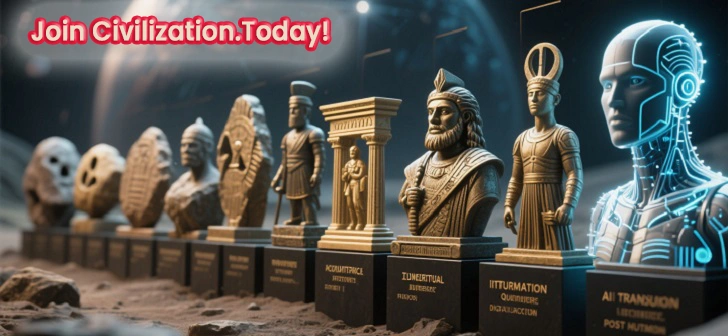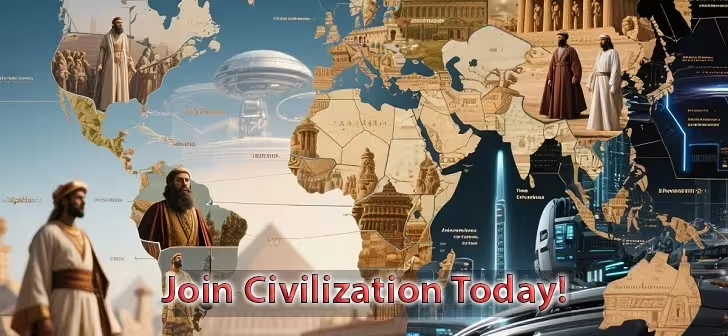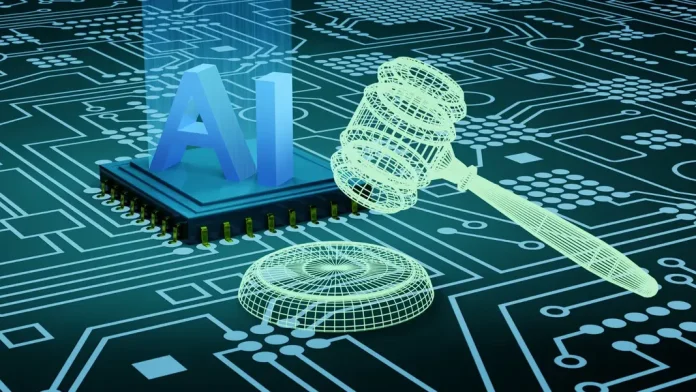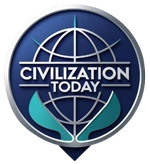In the era of automation, big data, and artificial intelligence, technology is no longer just a tool — it’s a powerful force shaping our decisions, relationships, and even our values. While AI promises efficiency, innovation, and unprecedented capabilities, it also poses deep moral and ethical questions. This is where Digital Ethics becomes essential — providing a moral compass for navigating a world where algorithms increasingly influence our lives.
But what exactly is Digital Ethics, and why should it matter to anyone living in this fast-evolving digital age?
What is Digital Ethics?
Digital Ethics refers to the study and application of moral principles to the use, design, and impact of digital technologies. It’s not only about preventing harm but also about promoting fairness, transparency, accountability, and respect for human rights in the digital sphere.
In simpler terms:
“If the digital world is a rapidly growing city, Digital Ethics is the city’s constitution — a set of shared rules ensuring everyone’s safety, dignity, and freedom.”
Why Digital Ethics Matters Now More Than Ever
The AI revolution has brought new ethical dilemmas that past generations never faced. From deepfake videos to algorithmic bias in hiring, from data privacy breaches to autonomous weapon systems, technology’s reach is everywhere. Without clear moral guidelines, innovation can quickly turn from a force for good into a threat.
Here are three key reasons why Digital Ethics is becoming urgent:
- The Pace of Innovation Outruns Regulation
Technology evolves faster than laws can adapt. Without ethical guidelines, companies may exploit this gap for profit, often at the expense of public interest. - Data is the New Gold — and the New Risk
Every online click, purchase, or like leaves a data trail. Without ethical handling, this personal information can be sold, misused, or stolen. - AI Decisions Have Real Human Consequences
Algorithms decide who gets a loan, a job interview, or parole. A biased algorithm isn’t just a technical flaw — it’s an ethical failure with life-changing impact.
The Pillars of Digital Ethics
To make Digital Ethics practical, experts often group it into key moral frameworks. These act as guiding principles for companies, governments, and individuals.
1. Transparency
People deserve to know how and why algorithms make decisions. Black-box AI systems erode trust because they hide the decision-making process.
2. Accountability
When AI makes a mistake — such as denying a rightful insurance claim — who’s responsible? Ethical frameworks demand clear accountability chains.
3. Privacy
Protecting personal data is fundamental. Ethical technology limits data collection to what’s necessary and ensures it’s stored securely.
4. Fairness
AI must be trained to avoid discrimination based on race, gender, age, or other protected attributes.
5. Human-Centric Design
Technology should enhance human well-being, not replace human judgment entirely.
Real-World Examples of Digital Ethics in Action
- Healthcare AI
Hospitals are using AI to diagnose diseases earlier, but ethical concerns arise when the algorithms are trained on biased data sets, leading to misdiagnosis in certain demographics. - Facial Recognition
While it can improve security, it also raises surveillance and privacy issues — especially in countries with weak civil rights protections. - Social Media Algorithms
Platforms optimize for engagement, sometimes promoting harmful content or misinformation. Ethical design would prioritize truthfulness and well-being over clicks.
The Dangers of Ignoring Digital Ethics
Ignoring Digital Ethics isn’t just bad PR — it’s a societal risk. Some potential dangers include:
- Erosion of Trust: Users lose faith in technology they can’t understand or rely on.
- Legal Backlash: Governments may impose harsh regulations, stifling innovation.
- Social Division: Biased algorithms can deepen inequalities, fueling resentment and conflict.
Building a Moral Framework for the AI-Driven World
Creating effective Digital Ethics policies involves collaboration between tech companies, governments, academics, and the public. Here’s how to build a robust framework:
1. Establish Ethical Guidelines Early
Ethics shouldn’t be an afterthought. Incorporate them at the design stage of any technology.
2. Educate Developers
Engineers and data scientists should receive ethics training alongside technical skills.
3. Empower Independent Audits
External audits of algorithms can identify bias, unfairness, or security vulnerabilities.
4. Engage the Public
Open forums, surveys, and community consultations ensure that ethical decisions reflect societal values.
The Future of Digital Ethics
In the coming decade, Digital Ethics will likely evolve from a niche discussion into a global priority. Trends to watch include:
- AI Ethics Officers in every major tech company.
- International Digital Ethics Treaties similar to climate agreements.
- Publicly Available AI Decision Logs for greater transparency.
If handled well, this movement could lead to a fairer, safer, and more trustworthy digital future. If neglected, we risk creating a world where technology serves profit over people.
Final Thoughts
In an AI-driven world, Digital Ethics is not optional — it’s essential. Just as traffic laws keep our roads safe, moral frameworks for technology keep our digital lives fair, transparent, and respectful. As technology continues to redefine what’s possible, our ethical compass must evolve just as quickly.
The digital future is not written in code alone — it’s written in the values we choose to embed within it.




